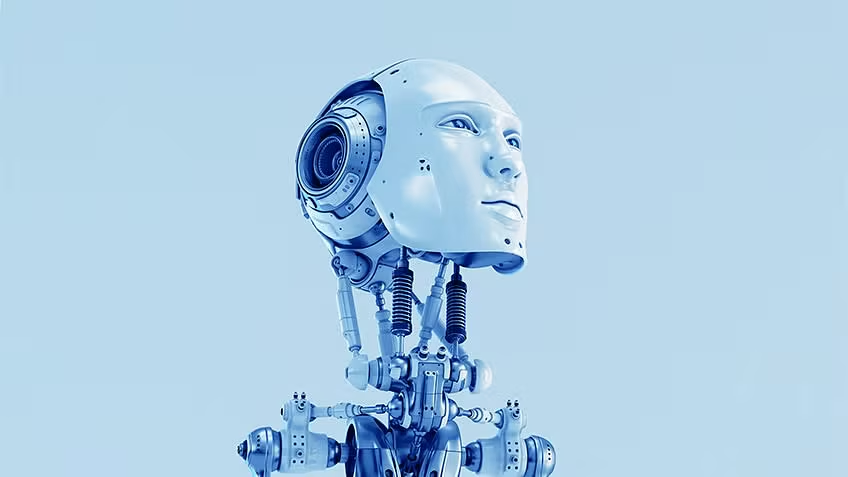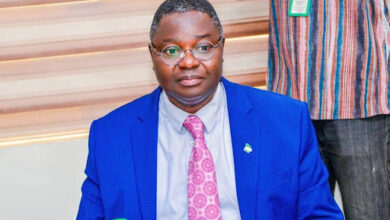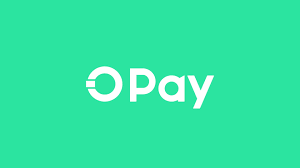FG Introduces Coding, Robotics,AI, Cyber Security In JSS, SSS

The federal government has made digital literacy and basic entrepreneurship, as well as artificial intelligence compulsory subjects in the nation’s secondary education system. In the new curriculum, which was unveiled by the federal government on August 31, 2025, Junior Secondary School (JSS) level, students are to undertake compulsory digital literacy and basic entrepreneurship while Senior Secondary School (SSS) students are to study Programming, Artificial Intelligence, and New Languages. The new educational policy was confirmed by the Special Assistant to the President on Social Media, Dada Olusegun, in a post he shared via his X handle on Wednesday, September 3, 2025. Olusegun in a post displayed an unsigned containing the subjects for JSS and Senior SSS. According to him, “The new curriculum for Nigerian schools which will commence from the next session in September 2025 has been released.
The federal government has made digital literacy and basic entrepreneurship, as well as artificial intelligence compulsory subjects in the nation’s secondary education system. In the new curriculum, which was unveiled by the federal government on August 31, 2025, Junior Secondary School (JSS) level, students are to undertake compulsory digital literacy and basic entrepreneurship while Senior Secondary School (SSS) students are to study Programming, Artificial Intelligence, and New Languages. The new educational policy was confirmed by the Special Assistant to the President on Social Media, Dada Olusegun, in a post he shared via his X handle on Wednesday, September 3, 2025. Olusegun in the post displayed an unsigned circular containing the subjects for JSS and Senior SSS. According to him, “The new curriculum for Nigerian schools which will commence from the next session in September 2025 has been released.
For Junior Secondary School (1—3), the curriculum has Mathematics & Measurement Numbers with fractions, decimals, percentages, ratios, proportions, rates, geometry (angles, area, volume), algebra, statistics, graphs, measurement (km, m, cm, g, kg, ml, °C, time zones), as compulsory subjects.
For English Language, it has Essay writing (narrative, descriptive), advanced grammar (clauses, idioms), comprehension, vocabulary, oral (debates, speeches, drama). Others are Integrated Science: Physics (motion, forces, energy), chemistry (matter, mixtures, reactions), biology (cells, reproduction, ecology), earth science (climate, resources), technology, lab safety; Digital Literacy & Coding: Word, Excel, PowerPoint, internet research, coding (Python basics, Scratch advanced), robotics (basic kits); Social Studies: Nigerian and African history, geography, civics, economy (trade, money, entrepreneurship basics), global issues.
For Languages the junior students are to undertake Advanced Mother Tongue, and conversational fluency in foreign language (French/Arabic). Creative Arts: Drawing, painting, crafts, drama, theatre, film basics, music. Physical & Health Education: Sports, fitness, nutrition, reproductive health, first aid, drug abuse awareness. For Senior Secondary (SS 1–3), compulsory subjects include Mathematics & Advanced Applications: Algebra, Trigonometry, Calculus Basics, Probability, Statistics, Financial Maths, and Applied Maths. English & Communication: Advanced Essays, Academic Writing, Literary Analysis, World Literature, Research Skills, Public Speaking, Journalism, and Fact-checking.
Sciences: Physics (mechanics, waves, electricity, nuclear physics), chemistry (organic, inorganic, industrial, analytical), biology (genetics, ecology, biotechnology), environmental science.
Technology & Innovation: Programming (Python, JavaScript, HTML/CSS), data science basics, AI & robotics, digital entrepreneurship, cybersecurity. Social Sciences: Government & law, economics (micro, macro, trade), history (Africa, world revolutions), philosophy & ethics, entrepreneurship. Languages: Advanced mother tongue literature, fluency in international language (French/Arabic/Chinese optional). Creative Arts & Innovation: Fine arts, music, drama, film/media production. Physical & Health Education: Advanced sports, mental health, first aid & CPR, leadership. Research & Project Work: Final-year project, data collection, analysis, presentation & defence. The new government’s educational policy is aimed at revamping the nation’s education sector to align with global trend in a digital world.
Meanwhile, Nigerians have continued to react to the federal government’s introduction of a new curriculum for basic, secondary and technical education, with some saying it was long overdue. Vice chancellor of Lagos State University of Education (LASUED), Prof. Bilkis LafiajiOkunneye in his reaction insisted that the former curriculum had outlived its usefulness. The VC lauded the new curriculum’s emphasis on digital literacy, coding and creative arts, saying that such would meaningfully engage students. Noting that the new curriculum recognised the relevance of technology, Okunneye expressed the optimism that school leavers under the new curriculum could be selfreliant. She also hoped that implementation of the new curriculum would promote discipline and morality. Lafiaji-Okuneye said that LASUED, in an effort to promote discipline, compelled its prospective students for 2025 academic session to undergo a drug abuse test.
The vice-chancellor urged effective implementation of the curriculum to achieve its aim. The chief imam of Lagos State University, Prof. Amidu Sanni described the introduction of the new curriculum as laudable. He said the old curriculum was unable to fill certain gaps in teaching and learning, making some graduates unfit for the labour market. Sanni urged education policymakers to ensure effective implementation of the curriculum.The Minister of State for Education, Prof Suwaiba Ahmad in a statement on August 31 said the federal government had completed a comprehensive review of school curriculum for basic, senior secondary and technical education aimed at making Nigerian learners future-ready. She said the new framework was designed to reduce content overload, improve learning outcomes, and ensure that students would be equipped with relevant skills. According to the Director of Press at the Federal Ministry of Education, Folasade Boriowo, implementation of the new curriculum will begin with the 2025/2026 academic session.


